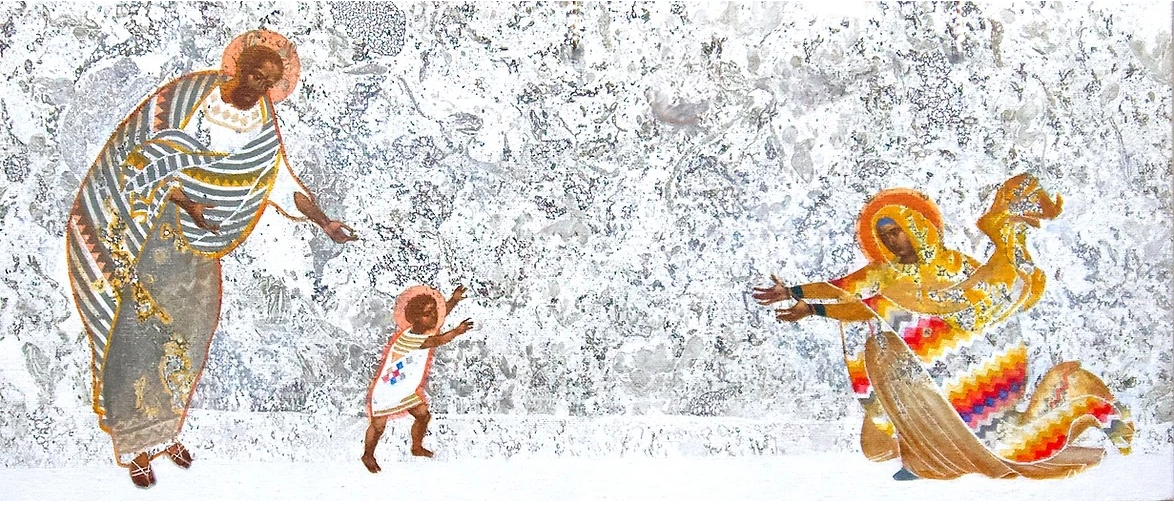A rich young man is unhappy and comes to The Teacher for advice. He’s followed all the moral codes and religious laws set out by polite society and the religion of his day. He’s done all the right things but there’s something missing… what’s the one thing he’s still not done?
Jesus answered him, “If you want to be perfect, go, sell your possessions and give to the poor, and you will have treasure in heaven. Then come, follow me.” (Matt. 19:21)
It’s vital to grasp that in his response, Jesus does not give the young man a universally applicable series of steps (or even just one) for how to live a morally faultless life – that is not the meaning of “being perfect” here (see a previous blog entry on “perfectionism” for more on this).
Instead Jesus says “If you want to be teleios…” the Greek word which is here translated as “perfect” is not concerned (just) with being morally without fault, but rather about being brought to the consummation of who you are – complete, mature, full grown. Arriving at your ultimate destination, your goal. The fullness of you. Becoming truly you.
To achieve this, Jesus appears to simply say “sell” your possessions – turn the material possessions you have acquired into charity and give to the poor. Obviously an exceptionally radical instruction, but still a moral and material reading.
But I wonder whether the translation of “sell” misses an important nuance in his reply? Inspecting the Greek, the word translated here as “sell” (poleson) has the meaning not just of selling to raise cash which is then given to the poor, but also the sense of barter/trade – i.e. making an exchange.
And the Greek word translated into English here as “possessions” (hyparchonta) can refer not just to physical, material possessions and/or their ownership, but (more literally) conveys the sense of those things which “pre-exist, i.e. [are] already under one’s discretion”. So these pre-existing things don’t necessarily have to refer to material wealth, but could (more broadly) simply refer to those things (of whatever sort) which one has accumulated thus far, in whatever way.
The Teacher’s instruction could therefore be taken as an injunction to exchange the collection of pre-existing things you have so far acquired in order to reach your telos.
With this interpretation, the point is to choose a different goal. In place of the former pre-existing things, it’s time to choose your own telos instead. Note that this is not something external to you – you’re not asked to choose something out there. And the injunction is also not to swap for someone else’s telos either.
And importantly, this telos is not a new and better collection of (morally superior?) things – another static collection. Instead, it’s an exchange of “things” for a dynamic “following” of The Teacher. A reorientation which involves giving up the attachment to whatever currently forms your security.
And this exchange is a necessary precondition to following him, as he makes clear in Luke 14:33 “Every one of you who does not give up all that he himself possesses (hyparchousin) is not able to be my disciple“.
This is therefore a call, not to a static moral “perfection”, but rather to a radical change and fundamental reorientation, an invitation to a journey of becoming-yourself-through-following…
“If you wish to reach your telos, exchange those static pre-existing things you hold on to for a dynamic following of me”.


